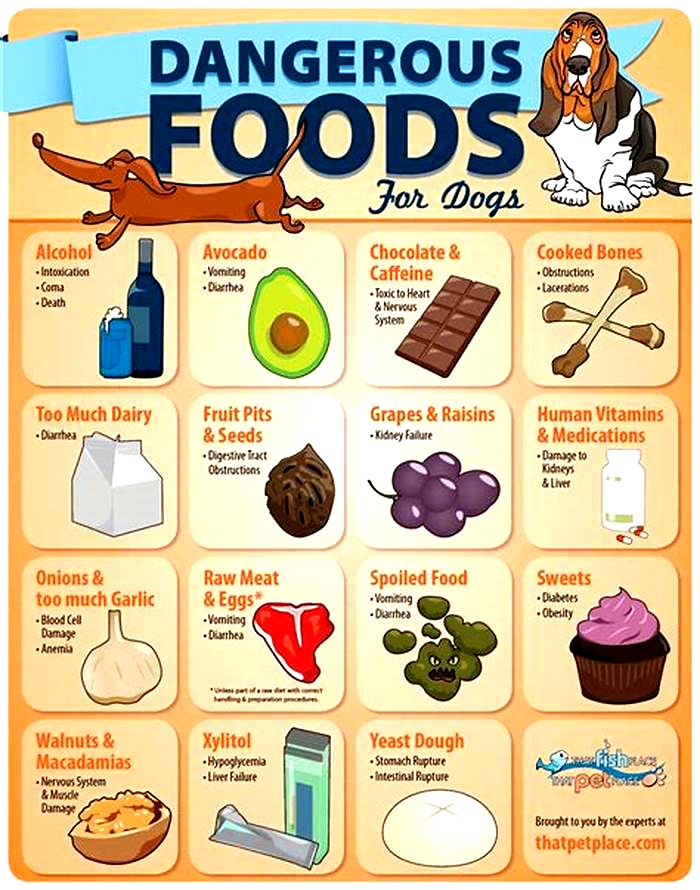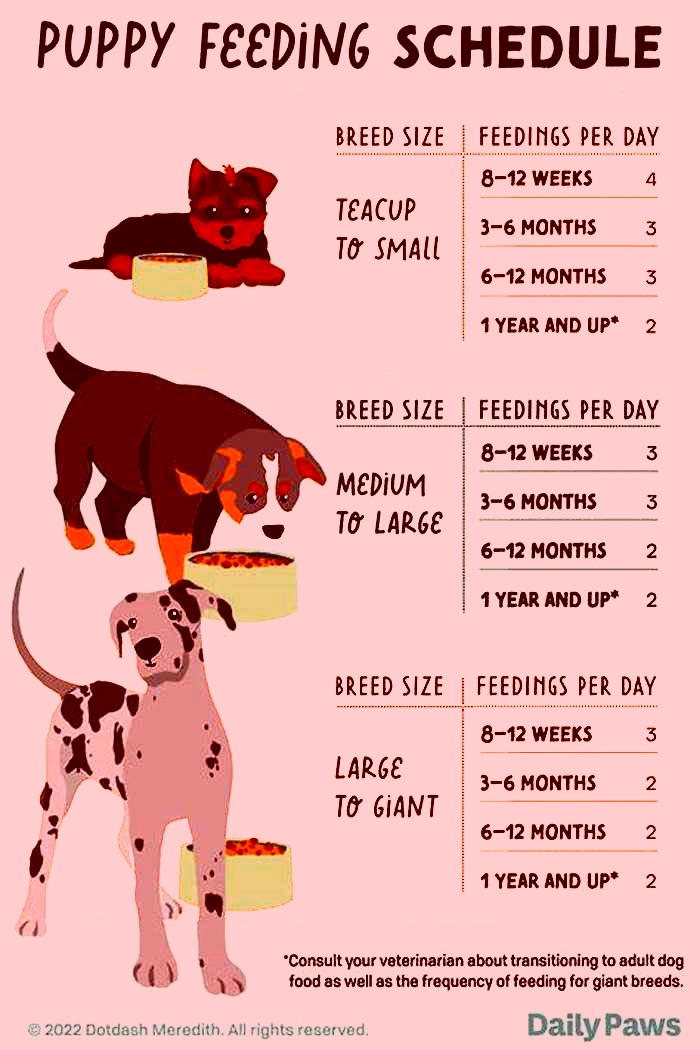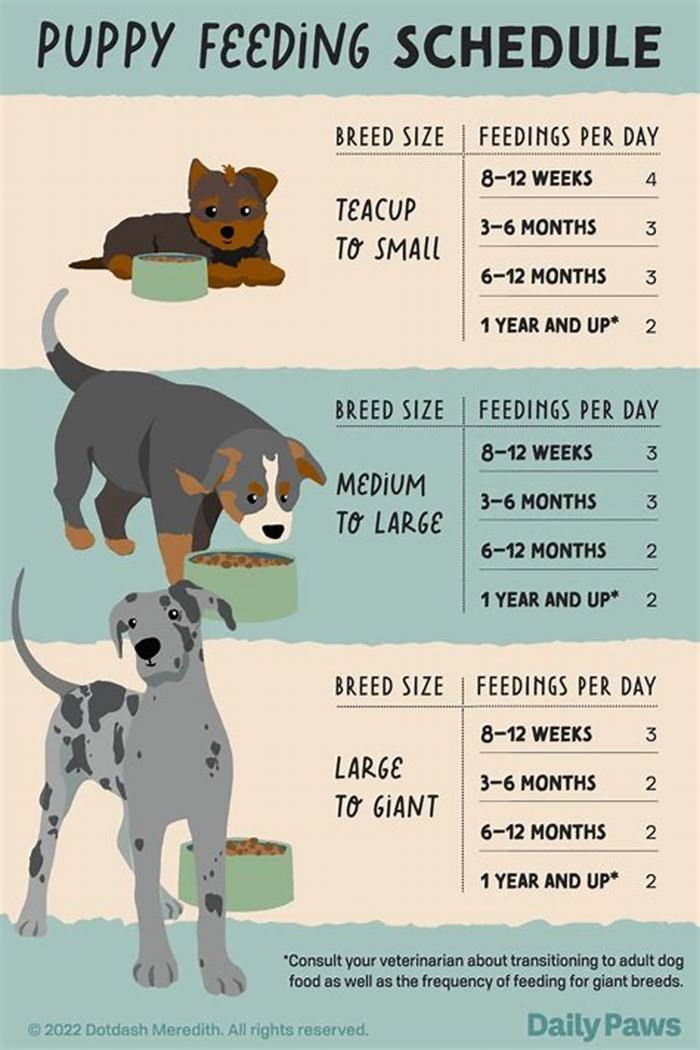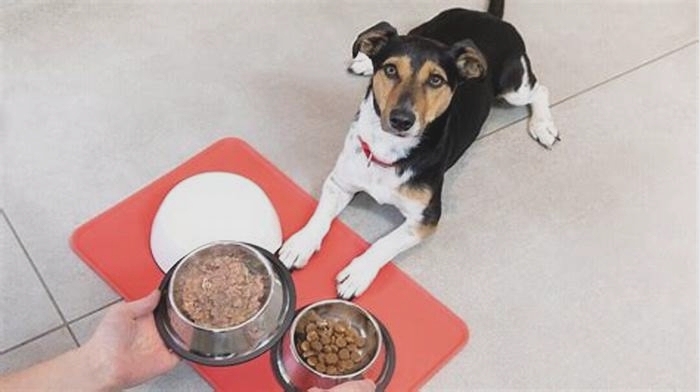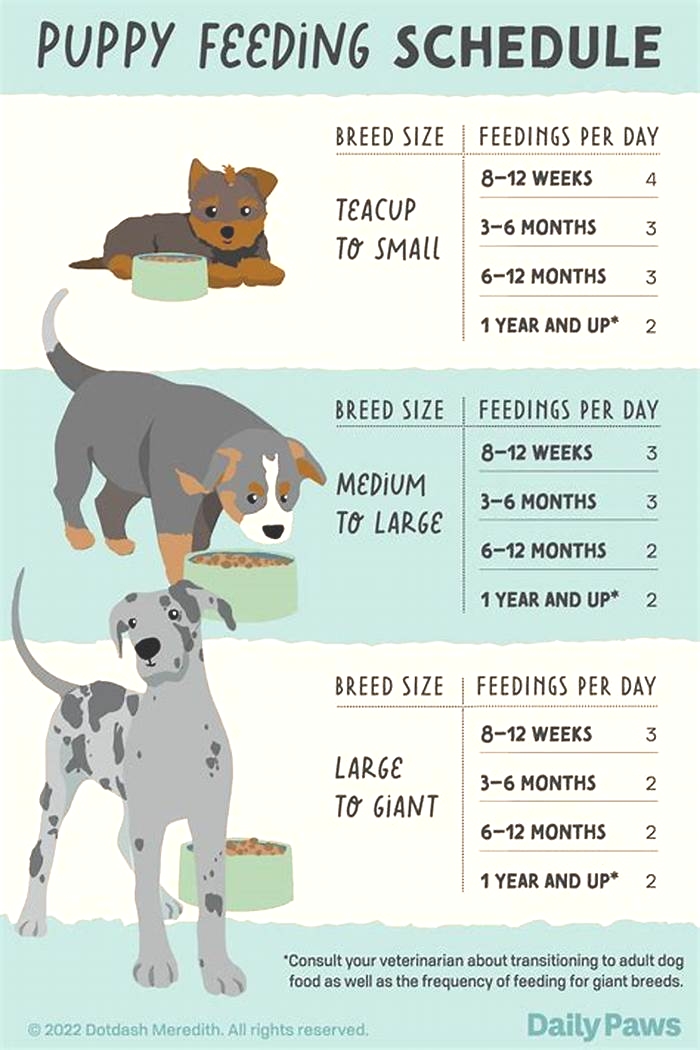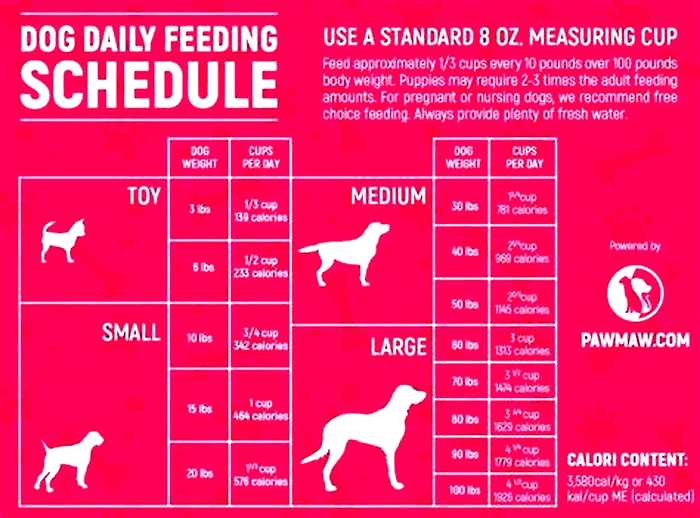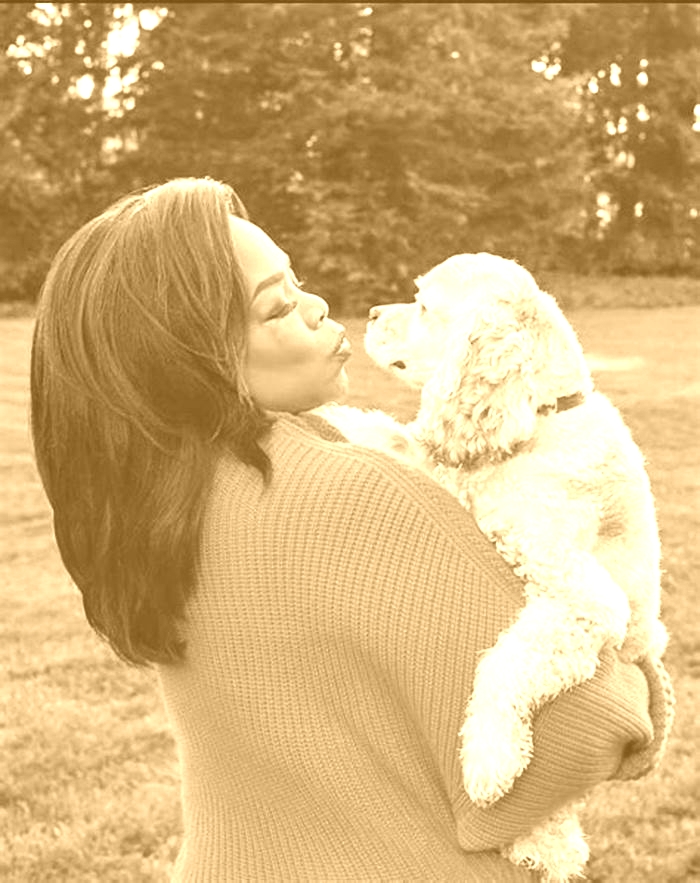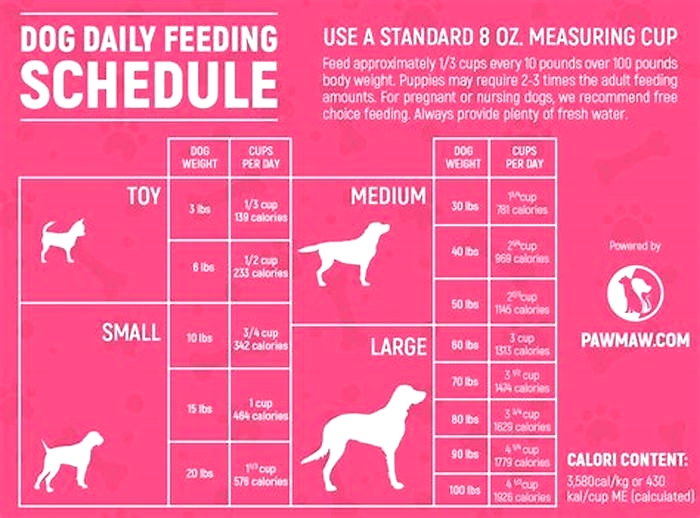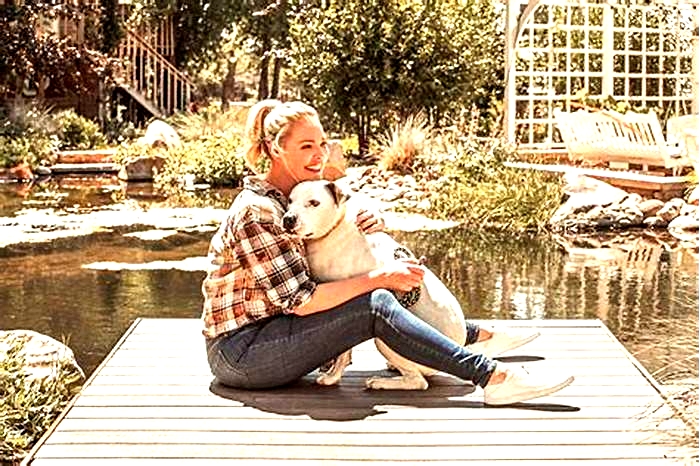Is it bad to feed dogs late at night

Is It Bad To Feed a Dog Late at Night? (We Find Out)
This post contains affiliate links.
Most people will feed their dogs once or twice per day. Though there is no right or wrong way to set this routine, the most common involves a morning and an evening feed. After each meal, dogs need calm time to digest the food safely before needing to eliminate it. But what about late-night feedings?
Unless your daily routine involves getting up and going to bed late, it is not recommended to feed a dog late at night. Most dogs are fed on a schedule and require ample time to digest before relieving themselves. Feeding late at night will disrupt their sleep and will often require mid-night potty trips.
This article will explore why a feeding routine is essential to your dog and how late-night feedings can be detrimental to their health and wellbeing. We will also look into some recommended feeding schedules for dogs of all ages.
Feeding Patterns
As humans, we tend to stick to a routine when it comes to eating. We eat our breakfast from 6-8 am, lunch between 11 and 2 pm, and dinner tends to be between 5 and 8 pm. Of course, this will vary depending on work and other outside factors. Also, in some countries, such as Mexico or Spain, they tend to eat dinner much later, whereas Americans will sit down closer to 6 pm.
Many dog owners will feed their pets on a similar schedule, keeping to a daily routine for consistency. Like our bodies have a circadian rhythm, so do our dogs, and feeding late at night can negatively affect that rhythm if it is not part of their regular daily cycle.
Dogs are also very aware of routines and will pick up on repetitive habits, such as a strict 6 pm dinner time. Giving them a rigid feeding schedule can have a negative effect because it does not allow for the unexpected. For example, your dog may whine when you try to sleep in on your day off or become destructive should you be late coming home from work.
To avoid such behavior, try to vary their feeding patterns, even by 30 minutes or so, to prevent them from becoming too dependent on strict meal times.
What Are Circadian Rhythms?
A circadian rhythm is the bodys natural internal clock, running on a typical 24-hour cycle. This rhythm will affect essential functions, such as the sleep-wake cycle. As our bodies become synced with our brains and their daily functions, the circadian rhythm will begin to operate within the same routine. For most people, this rhythm takes its cues from light, working in conjunction with day and night.
The circadian rhythm will promote restorative sleep at night if allowed to be consistent. However, when this rhythm is thrown off, such as working a night shift, it can be challenging to return to a typical sleep-wake pattern.
How Does It Work?
Circadian rhythms exist in everything from humans and dogs to plants and help maintain essential processes within the body or organism. For example, circadian rhythms are responsible for flowers opening and closing and ensuring nocturnal animals only come out at night.
Much like in humans, a dogs circadian rhythm is responsible for digestion and healthy sleep patterns. Like humans will feel hunger at the same time every day, a dog on a feeding routine will begin to sense this timing and expect to be fed accordingly. Although it is possible to have a circadian rhythm that is not dependent on light, day, and night work to regulate bodily functions for most people and dogs.
Why It Matters
One of the crucial things affected by a circadian rhythm is our sleep-wake cycle. For the vast majority of people, our bodies understand that daylight means it is time to be awake, and darkness is associated with sleeping. This rhythm is instilled in our pets as they become used to our routines. This is why most dogs will need to go out at the same time every morning, even on the weekends.
Along with ensuring restorative sleep during the night, the circadian rhythm is also connected to our metabolism and blood sugar levels. In dogs especially, disrupting this routine by feeding them late at night will likely lead to your dog having too much energy at bedtime. A burst of energy late at night after feeding will prevent them from calming and going to sleep. This might lead to them wandering or even becoming destructive through the night.
Feeding on a Schedule
Though there are no rules for how and when to feed your dog, there are recommended guidelines that many dog owners choose to follow. In general, keeping to a routine is advised as it will aid in maintaining an elimination routine. For example, early evening feedings will encourage healthy digestion, and potty walks before bedtime, preventing the need for mid-night walks.
Schedules differ with age and size, and some owners even choose to allow free-feeding, which involves leaving food out all day for their dog to decide when to eat. This is typically seen in single dog households when the dog has unfettered access to the outside.
Feeding Puppies
Puppies are known to have lots of energy which requires more frequent feedings than adult dogs. Though they sleep for as long as 18-20 hours per day, most puppies have lots of energy when theyre awake and require enough food to keep up with their daily activity and growth. With that in mind, most puppies will be fed three to four times per day.
Routines are fundamental with puppies in order to potty train and house train them. A feeding schedule will help in:
- Maintaining a stable metabolism
- Helping to keep digestion regular
- General digestive health
- Establishing an elimination routine that works with your daily schedule
Younger puppies will often need to poop anywhere from five to 30 minutes after eating, which means their feeding times should be centered around time spent outside. By keeping to a daily feeding schedule, you can ensure that your puppy will be fed and go out at a time that works for you.
Though very young puppies will need to be taken out through the night to pee, they will eventually begin to sleep six to ten hours at night. With a regular feeding routine, they should be fed and allowed to eliminate early enough that they may only need a short walk to pee before bedtime. However, if you provide food for your puppy before bedtime, they will need to go out and will likely have extra energy that will keep them from sleeping when you want.
Feeding late at night will prevent your puppy from establishing its natural circadian rhythm. Instead, it is recommended to provide them three meals a day, the last of which should be at least three hours before bedtime.
A sample daily schedule may look similar to the following:
- Wake-up time: Take your puppy outside to pee and have some playtime.
- Breakfast: Always feed your puppy in a calm environment with plenty of water, leaving the food out for 15 minutes only.
- After breakfast: Take your puppy out to pee again and try to keep them calm as they digest their food.
- Midday: Your puppy will probably have woken up from a nap, at which point you can repeat the wake-up routine by taking it out to pee and engaging in some playtime.
- Lunchtime: Feed your puppy, leaving the food out for 15 minutes only.
- After lunch: Take your puppy out to pee again and try to keep them calm as they digest their food.
- Mid-afternoon: Repeat the wake-up routine by taking your puppy out to pee and engaging in some playtime.
- Dinner time: Feed your puppy in a calm environment, leaving the food out for 15 minutes only.
- Bedtime: Take your puppy out to relieve itself one last time and get out the last of the days energy.
- Nighttime: Depending on their age, they may need to relieve themselves through the night.
Establishing a clear schedule from a young age will help ensure a well-trained dog in the future. For larger breeds, your vet may recommend adding a fourth meal to help keep up with their growth rate. Most bags of food will have guides showing the correct amounts to feed based upon age and weight. If you are unsure, consult with your vet.
Feeding Adult Dogs
The most common feeding schedule for adult dogs is twice per day. In most households, the feeding times will be in the morning and the evening. Though some people only feed their dogs once per day, two smaller feedings will better encourage digestive health and promote healthy sleeping patterns.
Adult dogs do not digest their food as fast as puppies and may not need to be eliminated until a few hours after their meals. Also, adult dogs can wait longer to go outside and often go most of the day without going out to relieve themselves.
Though this will change by breed, size, and diet, the following is considered a good guideline to use when leaving your dog alone:
Age of Dog | Time Between Bathroom Breaks |
Puppy under six months | 1-3 hours |
Puppy over six months | 2-6 hours |
Adult dog under seven | 6-8 hours |
Senior dog over seven | 4-6 hours |
Senior dog over 12 | 2-4 hours |
As you can see, most adult dogs can go as long as eight hours in between bathroom breaks. By that logic, your dog should be able to hold their dinner until morning and their breakfast until later in the day. Although this will change when looking at smaller breed dogs that have shorter digestive tracts and smaller bladders.
Feeding an adult dog late at night will not affect their sleep in the same way as a puppy, as it should be able to wait until the morning before needing to go out. However, late-night feedings will affect their sleep because dogs get their energy from their food.
Dogs actively convert proteins and nutrients into energy. Usually, your dog will be getting two meals per day, balancing out its food intake, and using the day to burn off any excess energy. Though most dogs need quiet time after eating to digest, it is not uncommon to see dogs becoming more active after eating.
By feeding late at night, you are not giving them the time needed to exercise and use up all that energy before bedtime. Similarly, your dog may be lethargic during the day if they have to wait too long to eat. Late-night feedings will often lead to your dog being up and active during the night, which can also affect your own sleep patterns.
To avoid this, you should be feeding your dog no later than three hours before bedtime. This will give them enough time to digest and eliminate their food and have time to play, walk and burn off the energy before it is time to sleep.
Feeding Senior Dogs
As dogs grow older, they also become less active. You may notice that your older dog cannot walk as far and are less excited to go out to play. Many senior dogs will sleep much more like puppies, and their diet should reflect their change in lifestyle.
As your dogs grow older, their calorie intake should be reduced to account for their less active routine. Though two meals per day are still the recommended amount, you may need to reduce how much you feed your dog.
Feeding a senior dog late at night will affect them in similar ways to both puppies and adult dogs. On the one hand, it will likely disrupt their sleep as they cannot wait as long between bathroom breaks. This can lead to the need for mid-night walks or sometimes accidents in the house. On the other hand, they will also feel the effects of having to wait too long between meals, becoming even more lethargic and less active during the day.
Free-Feeding
Free feeding is when you leave your dogs food out all day, allowing them to eat whenever they choose. In some cases, the owner will fill the bowl with the daily food allowance, where others will use feeders that can contain multiple days worth of food. Some people believe that such a method will prevent resource guarding, which is not uncommon in dogs when they feel the food may become scarce.
Though more convenient for the owner, several reasons suggest free feeding is not the best approach. These include:
- Without set meal times, your dog will have no bathroom schedule, leading to accidents in the house.
- It is more difficult to tell if your dog is not feeling well as you cannot accurately see if they are eating or not.
- You cannot control overeating with free-feeding, which can lead to obesity.
- Bowls should be washed and dried after each meal to prevent pests.
With free-feeding, it is far more challenging to ensure your dog is walked and has eliminated all their food before bedtime because you may not know when they last ate. This can lead to restlessness during the night, and you may be required to take your dog out if they cannot wait until the morning.
If you choose to free-feed your dog, it should only be done in a single-pet household where resource guarding will not be an issue. Only provide your dogs daily food allowance to prevent overeating, and ensure they have easy access to clean water and the outside. Lastly, always remove their food at least three hours before bedtime to prevent the need for late night bathroom walks.
What if You Work Nights?
As mentioned above, your routine has a direct effect on your dogs schedule. If you are an early riser, your dog will be too. If you stay up late and get up late, chances are your dog will follow the same pattern.
A night worker routine may include wake-up time in the afternoon as opposed to the morning. In this situation, you and your dog might not be eating breakfast until 3-4 pm. If this is the case, your dog shouldnt eat dinner until well after midnight. But if this is the established routine, it would not be an issue since, in this late-night scenario, bedtime may not be until after 3 am.
If working such a job is a regular occurrence, both your and your dogs circadian rhythms will adapt to the shift and allow for bodily functions to happen outside of day and night parameters. However, for dog owners whose shifts change, it can be much more difficult to maintain a routine for a dog. You will likely see your dog is restless during the day while you try to sleep, and late-night feedings will throw their routine off completely.
If working nights is not a constant but rather something scheduled at certain times, it is advised to have a dog walker come in through the day to maintain your dogs schedule, rather than try to alter it for just a few days. That way, they will keep their routine for when you go back to working days.
Final Thoughts
Most people with regular work-day schedules are not advised to feed a dog late at night. Not only will it increase the chances of your dog needing to go out to relieve themselves through the night, but it will give them unwanted energy when they should be going to bed. A good rule to follow is to feed your dog in the early evening, around three hours before bedtime, to give them enough time to digest and eliminate before you expect them to go to sleep.
Related Articles
Sources
Mrdogfood.com is a participant in the Amazon Services LLC Associates Program, an affiliate advertising program designed to provide a means for sites to earn advertising fees by advertising and linking to Amazon.com. We also participate in other affiliate programs which compensate us for referring traffic.

